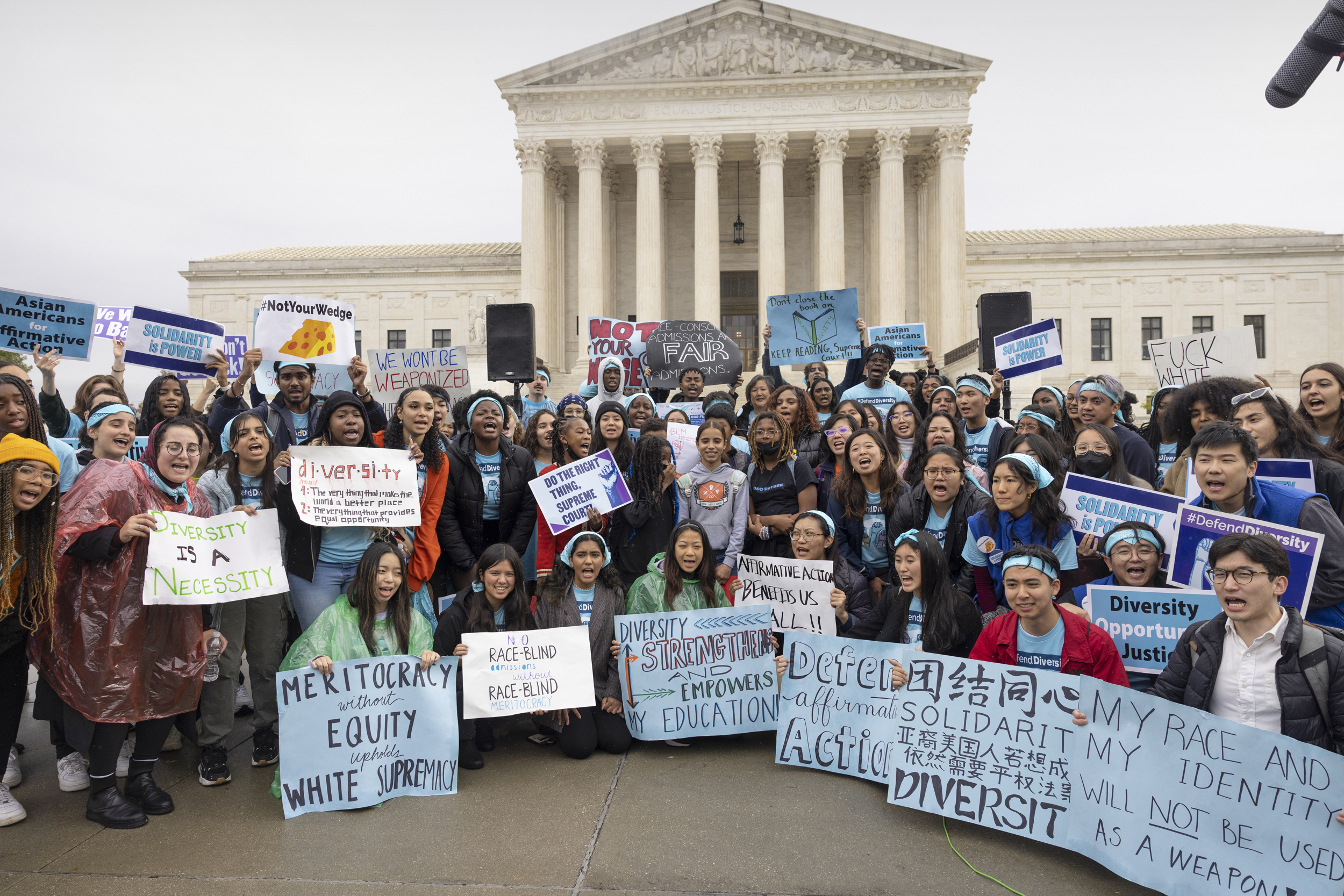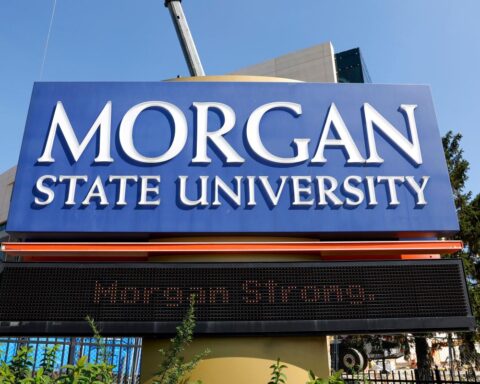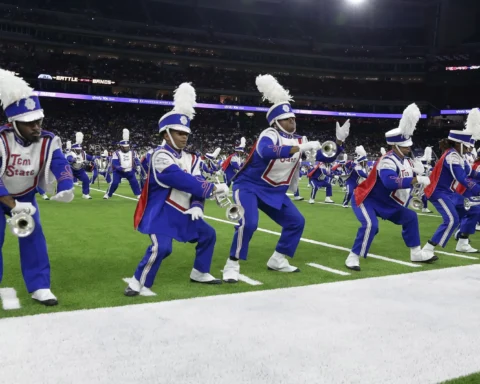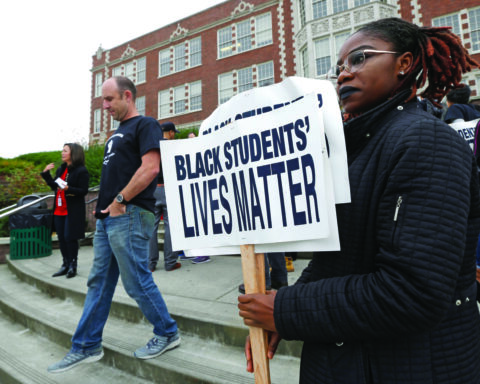By Char Adams
Historically Black colleges and universities are just as prestigious as Ivy League schools, and they’re diverse. That is why, leaders say, HBCUs and other minority-serving institutions will be even more important to students of color should the Supreme Court end affirmative action in college admissions.
As conservative Supreme Court justices seem poised to end the explicit consideration of race in college admissions, HBCU leaders say doing away with race-conscious admissions would have a dire impact on racial equity in the country. They believe it would create “racially isolated” colleges and universities, making HBCUs and other minority-serving institutions, or MSIs, among the only institutions where Black and Latino students would feel supported and safe.
“Our missions are concerned with racial justice and racial equity. So the overturn of race-conscious admissions would be a serious blow to the mission of HBCUs and all minority-serving institutions,” said Danielle R. Holley, a law professor and the dean of Howard University School of Law.
“I hope that no one will assume that HBCUs and MSIs will be able to absorb the number of students who may feel they are no longer welcome at racially isolated, predominantly white universities.”
She said overturning race-conscious admissions would even “decrease the amount of racially diverse professors for universities across the country,” adding that “many professors are educated at Harvard” and that the loss of race-conscious admissions would likely “decrease the amount of racial diversity in academia in a very significant way.”
The Supreme Court is hearing cases that challenge affirmative action policies at Harvard University and the University of North Carolina. The group Students for Fair Admissions Inc., led by the conservative activist Ed Blum, accuses the universities of discriminating against Asian Americans and favoring Black and Latino students. Some Asian Americans have criticized the cases, saying Blum is simply using them in a thinly veiled attempt to upend affirmative action and sow racial discord.
Organizations and institutions across the country have condemned the cases in amicus briefs and urged the Supreme Court not to end the practice, which experts say improves racial diversity in higher education and helps make amends for historical racial discrimination. Holley spearheaded an amicus brief in support of UNC and Harvard from several HBCU leaders and the National Association for Equal Opportunity in Higher Education.
“One of the absolutely false notions of these cases is that somehow meritocracy and racial inclusivity do not go together,” Holley said. “HBCUs and MSIs are examples — and will become even more important examples — of the fact that you can have high-achieving academic institutions that are also racially inclusive and diverse.”





